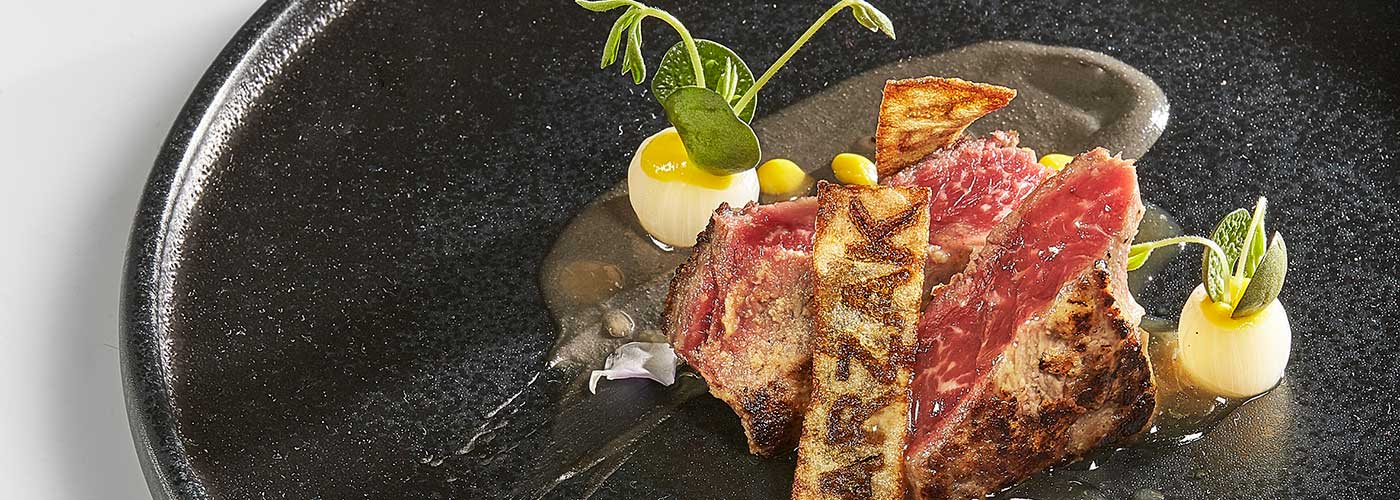The Metaverse is a rapidly evolving concept that refers to a shared virtual space merging the physical and digital worlds. Although the term is still being defined, it is already transforming how individuals interact with technology and each other.
Exploring the Possibilities of Metaverse Marketing in the Food Industry
The incorporation of the food industry into the Metaverse represents a significant development, providing a platform for various industries to expand their business beyond traditional physical borders. This development offers new possibilities for marketing and food product distribution, beyond just gamifying the food industry. Virtual marketplaces and e-commerce platforms provide farmers and food producers innovative ways to reach consumers worldwide, while consumers can conveniently create awareness and purchase new products from anywhere globally.
As an example of Metaverse marketing, Coca-Cola launched the Zero Sugar Byte flavor in April 2022 through the Creations platform, which was tailor-made for the immersive community of the Metaverse. This strategic marketing launch was aimed at the discerning tastes of Fortnite players, and the packaging was designed to be dynamic and visually engaging. As a testament to Coca-Cola's dedication to innovation and customer satisfaction, buyers of the beverage were rewarded with exclusive digital items. Coca-Cola's venture into the Metaverse represents a shift towards a new era of marketing, as evidenced by the over 4,000 digital collectibles produced by Coca-Cola Creations. The company remains steadfast in its commitment to exploring the Metaverse's potential as an exciting new frontier of customer engagement.

.png.transform/rendition-xs/image_image%20(1).png)







